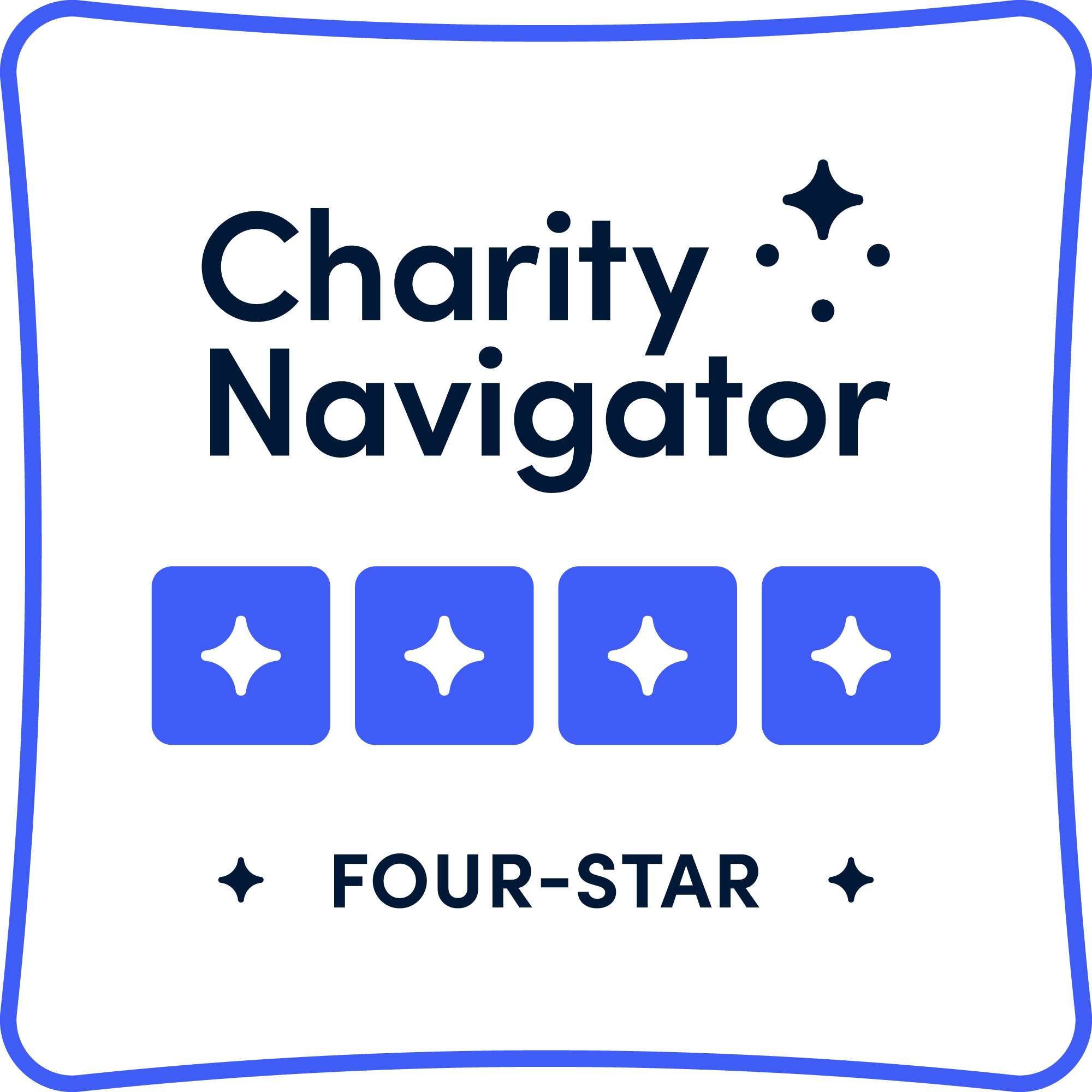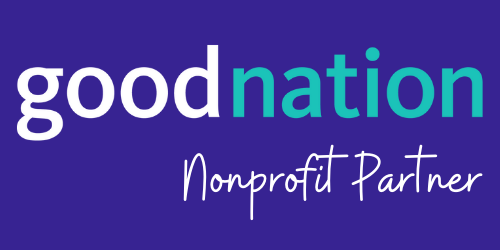Reframing HIV Risks in South Africa
More than 5 million people in South Africa are HIV positive. Worryingly, teenage schoolgirls are three times more likely to be HIV positive than boys their age. One of the reasons behind this alarming phenomenon is thought to be the widespread tendency for young girls to have relationships with older men, who are more likely to be HIV positive. Addressing this problem is therefore crucial in the ongoing fight against HIV.
The Western Cape Government (WCG) in South Africa asked ideas42 to find a behavioral solution to this major public health problem. Working with the Western Cape’s Department of Health and researchers at the University of Cape Town, we identified an issue that leads to more teenage girls getting involved with older men: there is a misperception among some that older men are safer sexual partners, rather than the riskier choice they actually represent.
We designed a simple, computer-based “HIV risk game” to correct this misperception, drawing on the behavioral insights that people are:
- More likely to learn something new if they have repeated exposure to the information; and
- More likely to remember concepts that they teach themselves.
We developed a prototype game and tested it with teenagers from the target population in South Africa so that we could find out whether it was more effective than a traditional approach to providing information about HIV risk.
The results were striking. We found that after playing the game the treatment group was significantly more likely to correctly identify which of two hypothetical individuals of different ages is more likely to have HIV, answering twice as many questions correctly than those in the control group. Importantly, the results also suggested that these effects persisted over the next three months.
These findings have significant implications. In South Africa and other parts of Sub-Saharan Africa, practitioners face huge challenges educating at-risk groups about HIV. Sharing this information through an effective and inexpensive game has the potential to help stop the spread of HIV and save thousands – if not millions – of lives.
Read the complete project brief for more information about the Healthy Lifestyles Pilot and its implications. For the full detailed results from this project, click here for our working paper.
Interested in learning more about this work applying behavioral science to a crucial social problem? Reach out to us at info@ideas42.org or tweet at @ideas42 to join the conversation.
Partners








